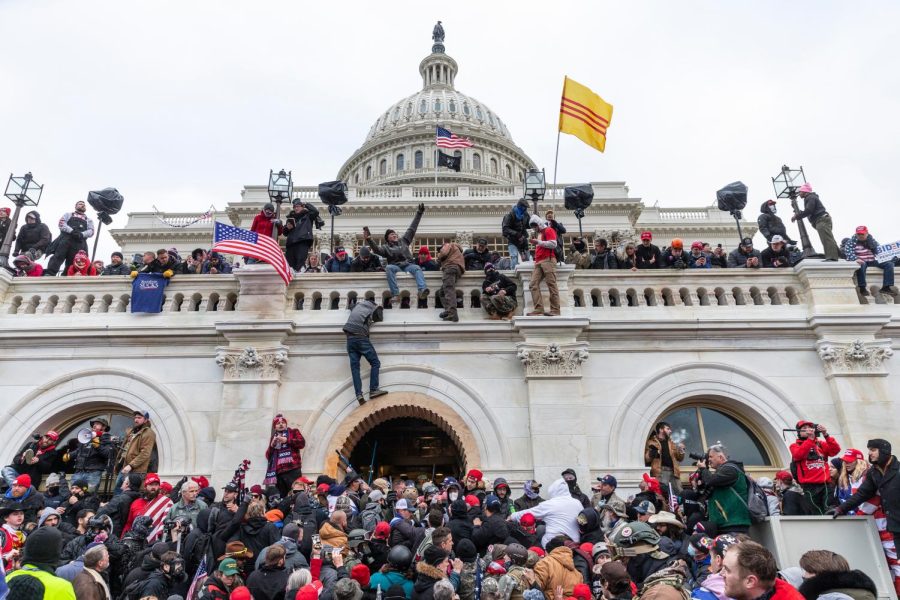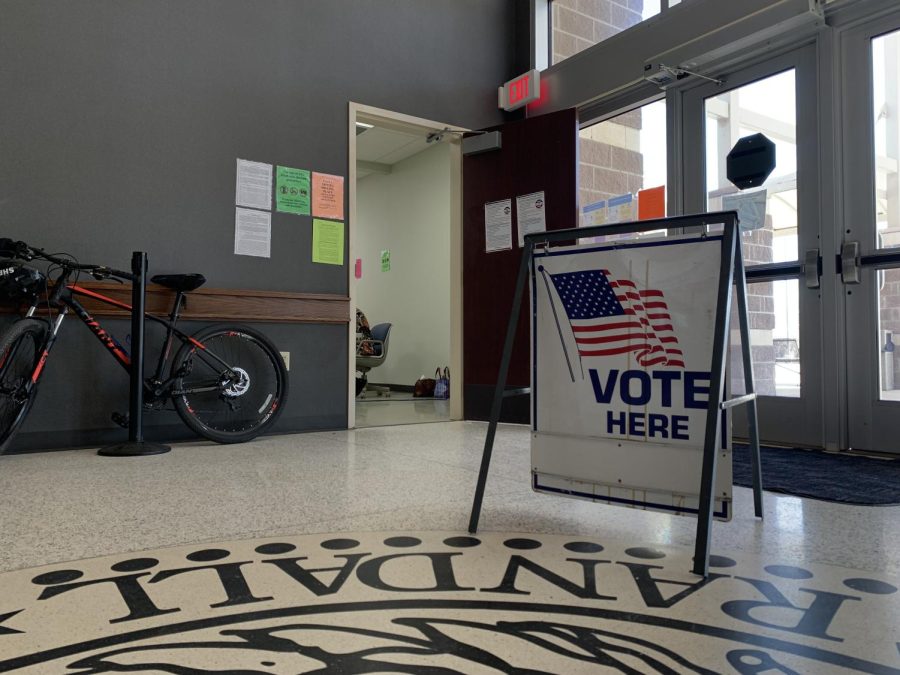
Thousands of fast food workers, in over 50 cities across the country, walked out of their workplace on August 29 in an effort to bring awareness to their cause. They are requesting to raise the wages of all fast food workers throughout the nation from the current minimum wage, which is $7.25 per hour, to $15 per hour. This is quite a leap, but the workers feel it is quite necessary in the current economic climate.
This movement began nearly a full year ago last November. Since that time, fast food workers have been seen striking and arguing for a higher minimum wage. These workers say that on their current wages, it is impossible for them to provide for their families. They are not the only ones who believe that it is hard to make it off of low wages.
“I have worked for low wages before,” Oliver Holmes, junior Spanish major, said. “I had to work a lot of hours to be able to save up enough to be able to come to school this semester.”
In the past, these positions with fast food restaurants have been viewed as being predominantly for teenaged workers in need of pocket money. However, this is no longer the case. In fact, only 16 percent of fast food workers are teenagers. More and more adults trying to support a family are resorting to these jobs.
“This is actually very surprising, but I think a good bit of that is the generation before worked hard to make sure their kids were provided for enough to have a good education,” Daniel Bonds, junior Sports and Exercise Science major, said. “That left them in a position where they have to struggle while their kids are getting an education.”
Another point that these workers make is that the government has failed to raise the minimum wage to keep up with the growing cost of living. They argue that everything has gone up, except for wages. In fact, according to the U.S. Bureau of Labor Statistics, if minimum wage were to be raised to keep up with inflation alone, the amount would be $10.74 by now. The $15 per hour that the workers are requesting is a bit over this and some students at WTAMU think that it is a little much.
“I think it is fair for them to ask for more money, but the things they are asking for are unrealistic,” Bonds said. “They need to be ready to compromise more. If they were to make $15 an hour that would be terrific and everybody would be working at McDonald’s, but I don’t see how we could really do that.”
The fast food chains that these people work for have an entirely different view on the situation. They say the difference caused by higher wages would be passed on to their customers. In other words, if the workers were to be paid more, the people eating at these restaurants would have to pay more for their food. The restaurants also argue that only about five percent of their workers actually make minimum wage.
President Obama is currently working to raise the minimum wage to $9 per hour. He hopes that this will raise wages enough that it will make a difference in the lives of workers but not hurt the job market and economy.
“I think he is trying for a good amount,” Lanie Hazle, sophomore Mass Communication major, said. “The strikers are asking for entirely too much money, but I think $9 is a good compromise that should really be passed.”
With this turmoil involving the minimum wage, Bonds has an interesting view on the situation.
“I’m just grateful that we live in a nation where we are provided and given the opportunity to get an education,” Bonds said. “That we are able to reach jobs that we truly enjoy and provide a good living for our family, and that we are not forced to settle for minimum wage.”















